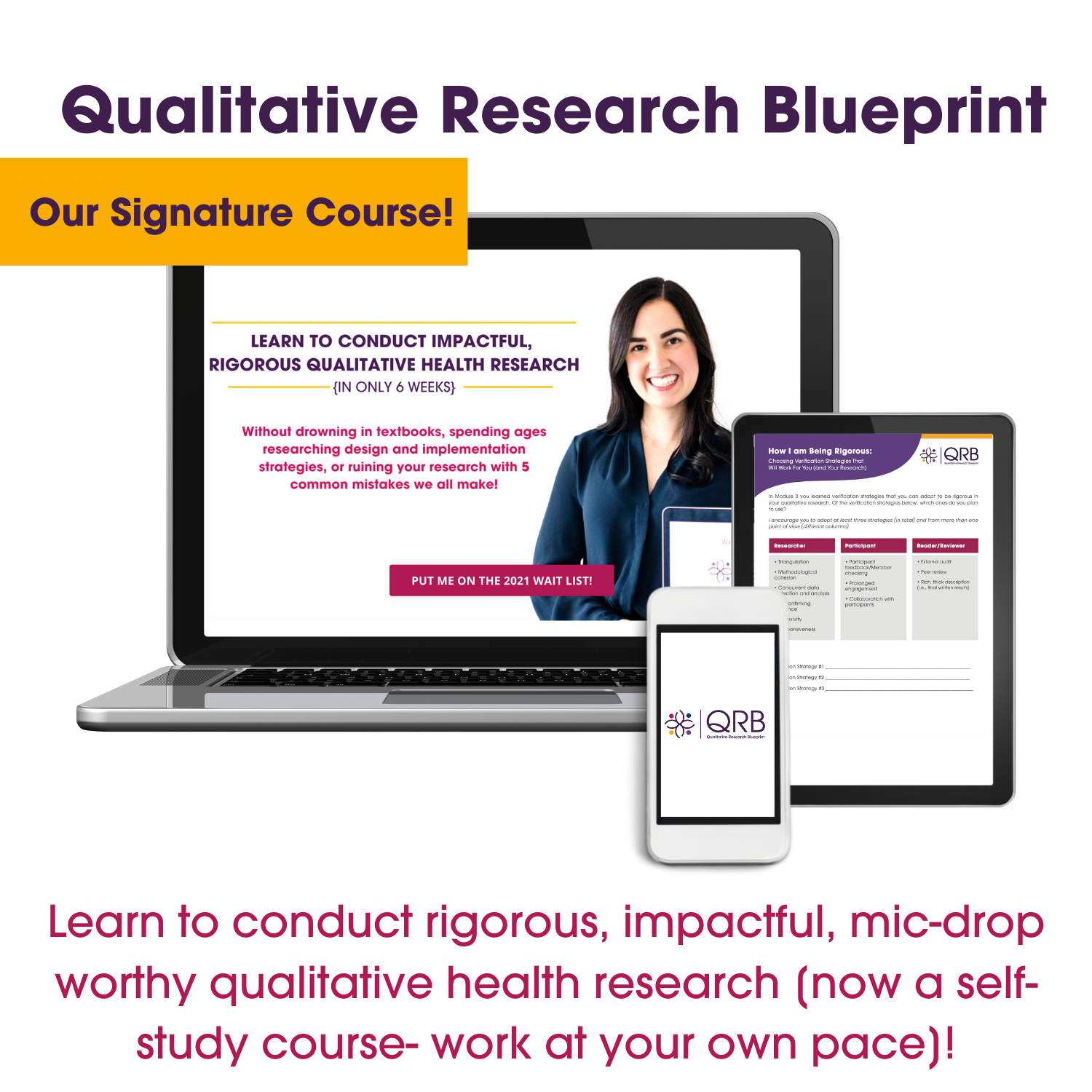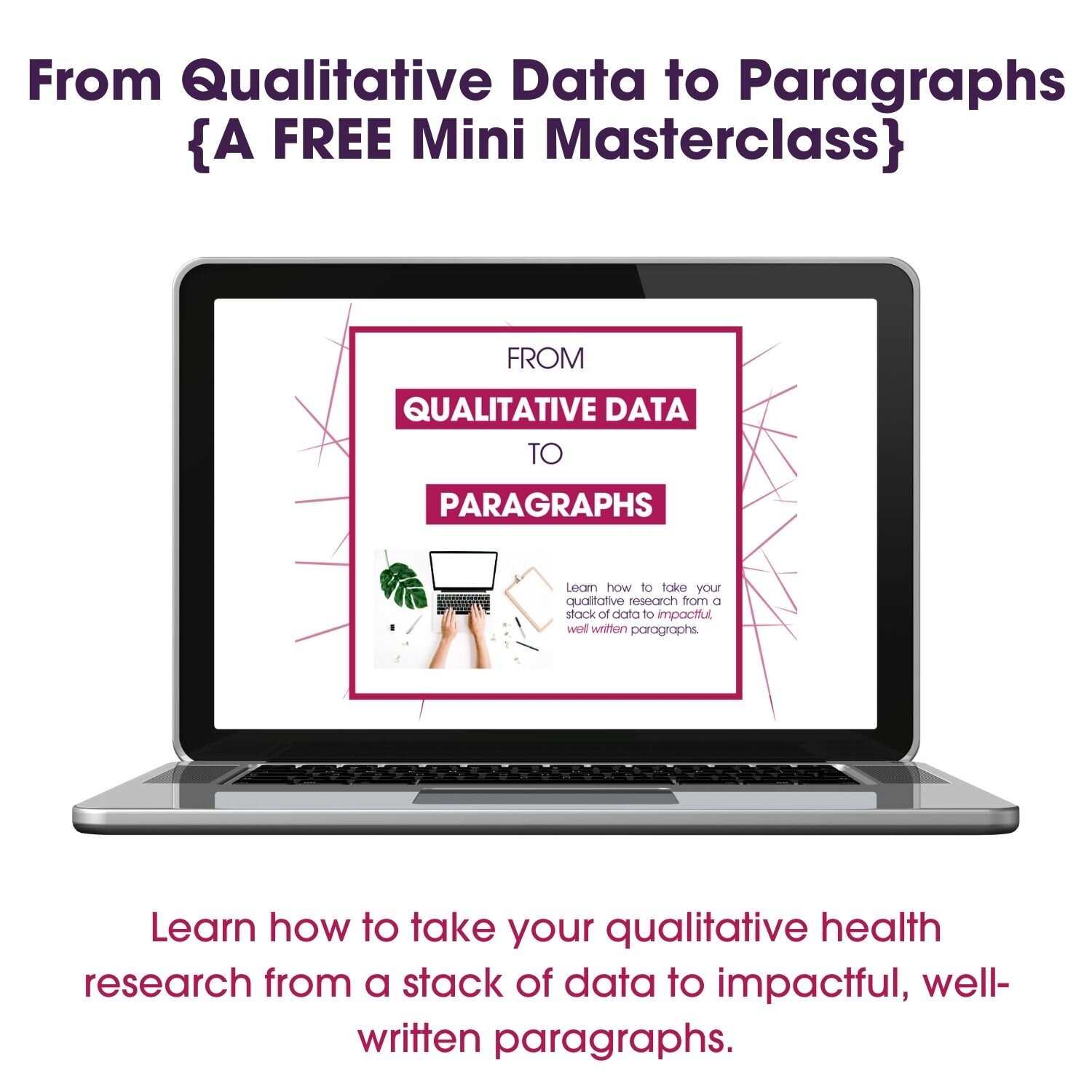“There is a clear difference in my Quali game because of the ‘Maira effect’. Maira is knowledgeable and open. She has revamped my interviewing and data analysis skills with just a few interactions/feedback sessions and I’m sure there is still a lot more to learn as we move on. Her superpower is getting you to improve your skills without being in your face. Thank you M!”
Check out our FREE resources today!
Mission
Learning and Inspiring learning.
Quali Q provides academics, researchers and clinicians in the health sciences and interdisciplinary fields related to health with expert information and support on qualitative research so they can move their qualitative projects along with ethics and confidence. We help our community members and clients in putting humanity back in qualitative research while realizing their full potential as academics, clinicians and qualitative researchers.
We can’t wait to serve and work with you!
You want to conduct impactful, rigorous qualitative health research…
but instead you find yourself second-guessing every single coding decision and freezing up when you try to analyze and write your data!
Interested in Qualitative Health Research?
Join Our Newsletter!

















I recently shared with you the big changes I made to Quali Q as I wrapped up my maternity leave and stepped more deeply into my role as the Principal Researcher of Quali Q. As someone who has worked hard to become a better interviewer over the years, I realized that as much as I’ve learned and improved, I might not be the most suitable interviewer for all the projects I take on as a consultant. Let me explain why…